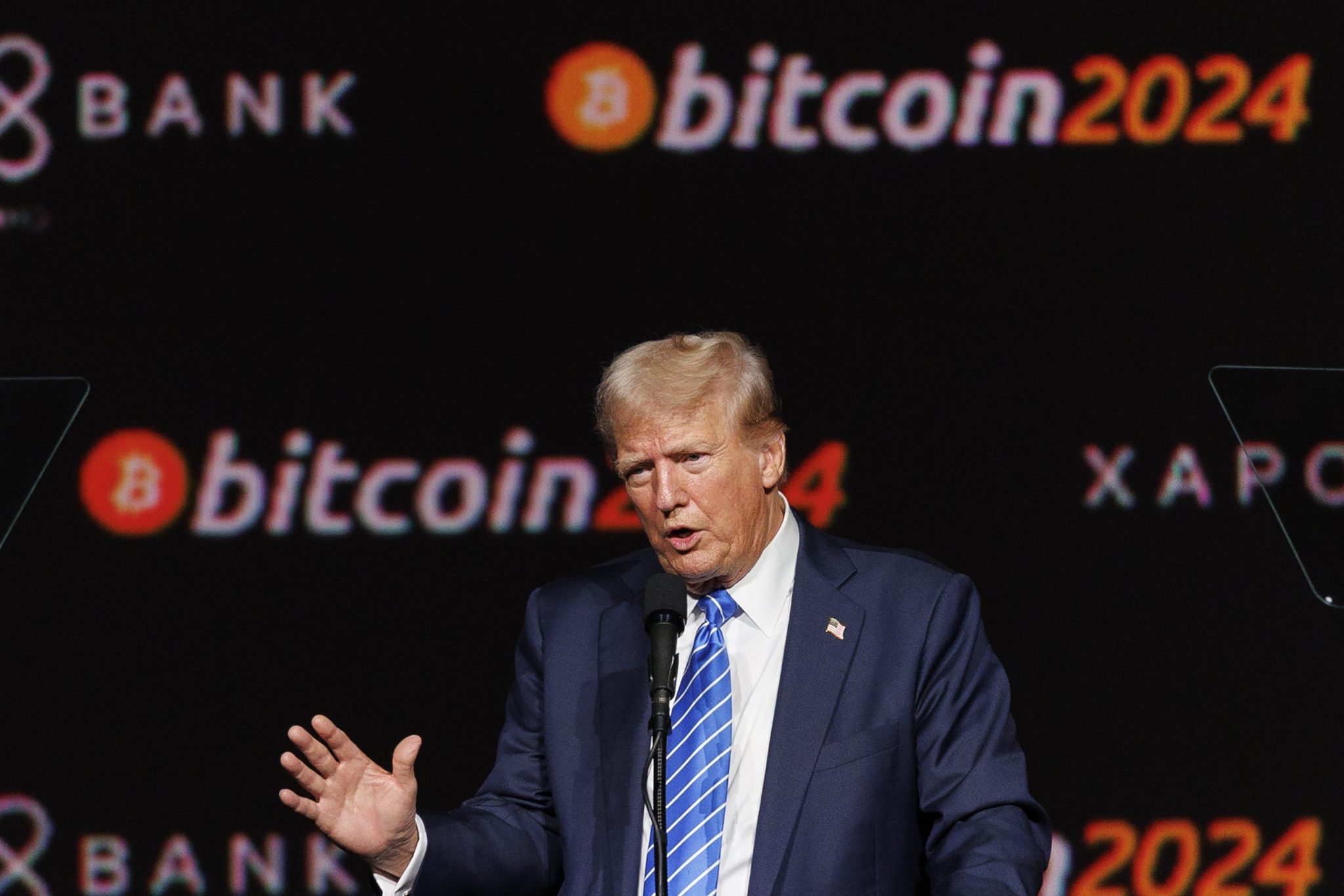Open the White House Watch newsletter for free
Your guide to what the 2024 US elections mean for Washington and the world
Donald Trump has ordered officials to institute retaliatory measures against countries that impose “extraterritorial” tariffs on US multinational companies, in a move that threatens to spark a global showdown over tax systems.
The US President made the move in an executive order on Monday night, withdrawing US support for a global tax pact agreed at the OECD last year that allows other countries to impose additional taxes on US multinational companies.
He added that a “menu of options for protectionist measures” should be drawn up “within 60 days,” putting signatories to the OECD agreement — including EU member states, the United Kingdom, South Korea, Japan and Canada — on notice that Washington intends to move away from… Its scope. – Access to the challenges facing global tax rules.
Trump clashed with European leaders during his first term as president over proposed digital taxes that would affect major US technology groups such as Google-owner Alphabet and Apple, and at one point threatened France with tariffs.
His order issued Monday includes investigating “whether any foreign country does not comply with any tax treaty with the United States or has any applicable tax rules, or is likely to establish applicable tax rules, that are extraterritorial or disproportionately affect U.S. businesses.” .
Allie Rennison, a former UK Commerce Department official who now works at SEC Newgate consultancy, said the move showed Trump was widening his “economic warfare” net beyond tariffs in response to what the US sees as discriminatory practices from other countries. . “Going after their domestic tax systems against the backdrop of global commitments so far shows that Trump has become creative in his fight to put ‘America first,’” she said.
“The web of economic warfare is ever-widening beyond just tariffs, and as governments begin to consider their response, concerns will now revolve around what might fall into the crosshairs of retaliation – and the inevitable costs that go with it.”
The global deal, agreed at the Paris-based Organization for Economic Co-operation and Development in 2021 and partly introduced by several countries last year, was expected to increase taxes on the world’s largest multinational companies by up to $192 billion annually.
Under the “second pillar” of the OECD agreement, if corporate profits are taxed at less than 15 percent in the country where the multinational is headquartered, signatories are likely to impose an additional fee. But part of the tangled measures, known as the Taxable Profits Rule (UTPR), has long drawn Republican ire, with the party calling it “discriminatory.”
Grant Wardell Johnson, global head of tax policy at accountants KPMG, said U.S. responses could include imposing additional taxes on foreign-owned companies operating in the United States, or withholding taxes on payments to those jurisdictions.
“Ultimately, we are seeing international taxation move from a multilateral sphere to a bilateral sphere based on strong unilateral assertions. It is a new tax world,” he added.
Alex Cobham, chief executive of the Tax Justice Network, an international campaign group, said Trump’s move in effect left the OECD agreement “dead in the water”.
In the two-part memo to the US Treasury Secretary, Trump first ordered the Biden administration to cancel commitments made to the OECD agreement – a move that had been widely expected – but then broadened the scope of the attack.
Cobham said the potential scope is not just limited to whether the OECD agreement violates tax treaties, but includes the extraterritorial potential of all tax bases in all countries.
“If you take this statement seriously, there is every possibility that they will come back in 60 days and say that most of the world and most of the OECD member states should be subject to the countermeasures that they are talking about,” he said.
A senior European Union official said Trump’s billionaire tech entrepreneurs were pressuring him to act on taxes rather than trade. They added: “The talk about tariffs will be about transactions, but the real battle will move to where wealth is at stake and where big technology companies have an interest.”
“US representatives have raised our concerns about various aspects of our international tax agreement,” said Mathias Cormann, Secretary-General of the OECD.
He added that the organization “will continue to work with the United States and all countries at the table to support international cooperation that enhances certainty, avoids double taxation, and protects tax rules.”
https://www.ft.com/__origami/service/image/v2/images/raw/https%3A%2F%2Fd1e00ek4ebabms.cloudfront.net%2Fproduction%2F469be70b-14de-420a-915e-6bd18f13cf47.jpg?source=next-article&fit=scale-down&quality=highest&width=700&dpr=1
2025-01-21 12:09:00
#Donald #Trump #threatens #tax #war #multinationals


